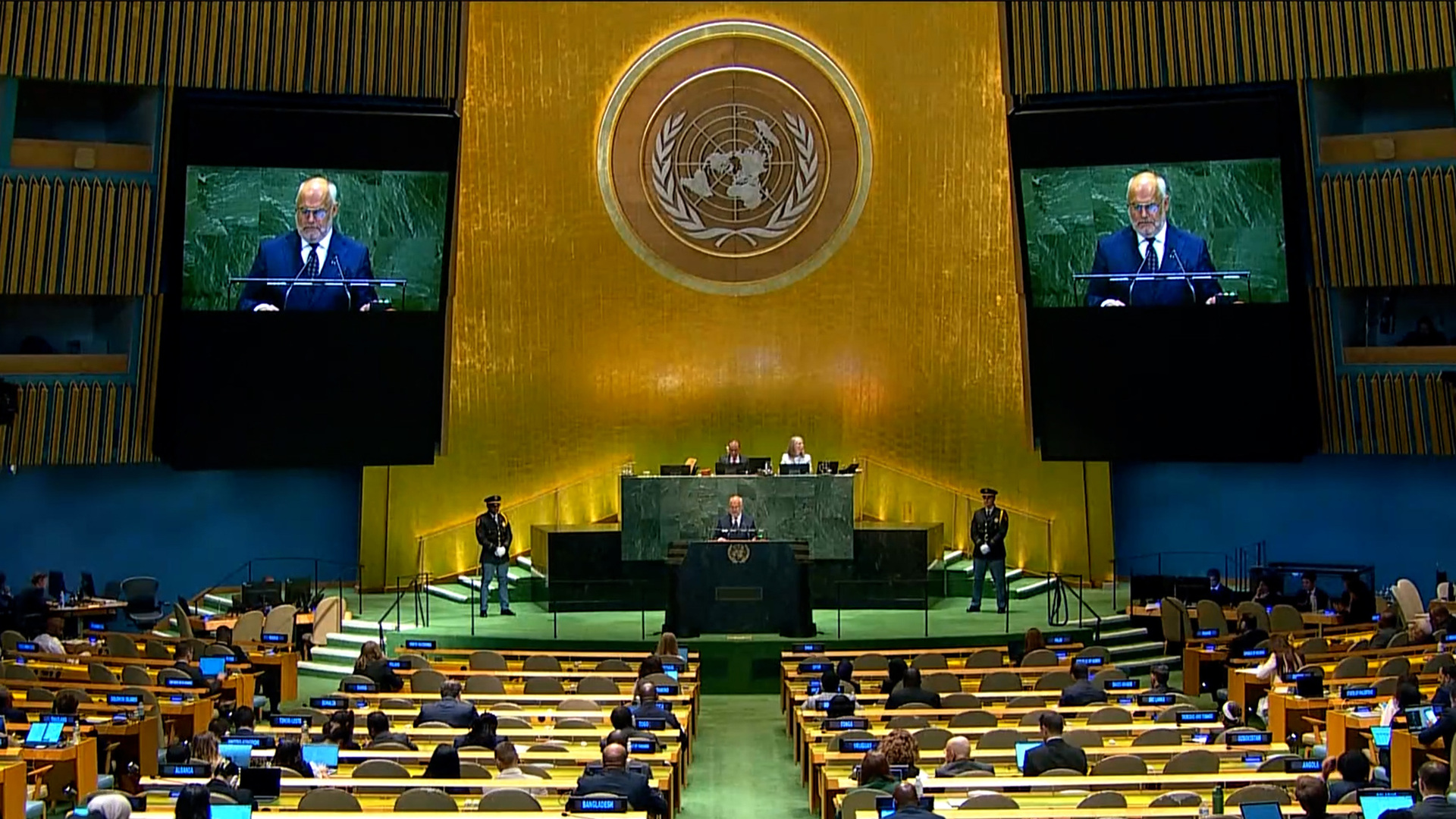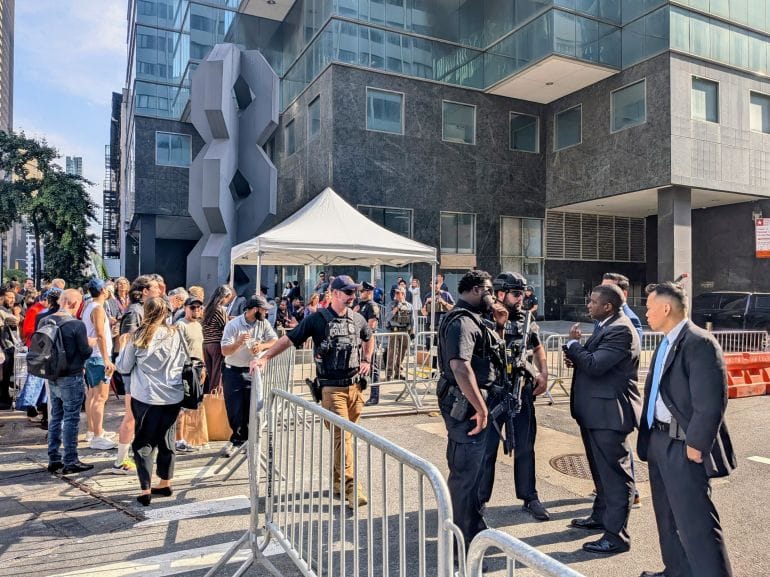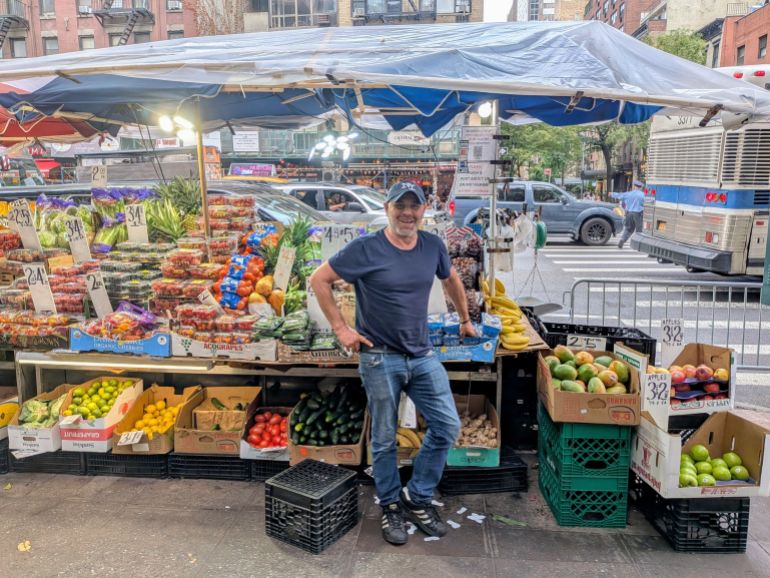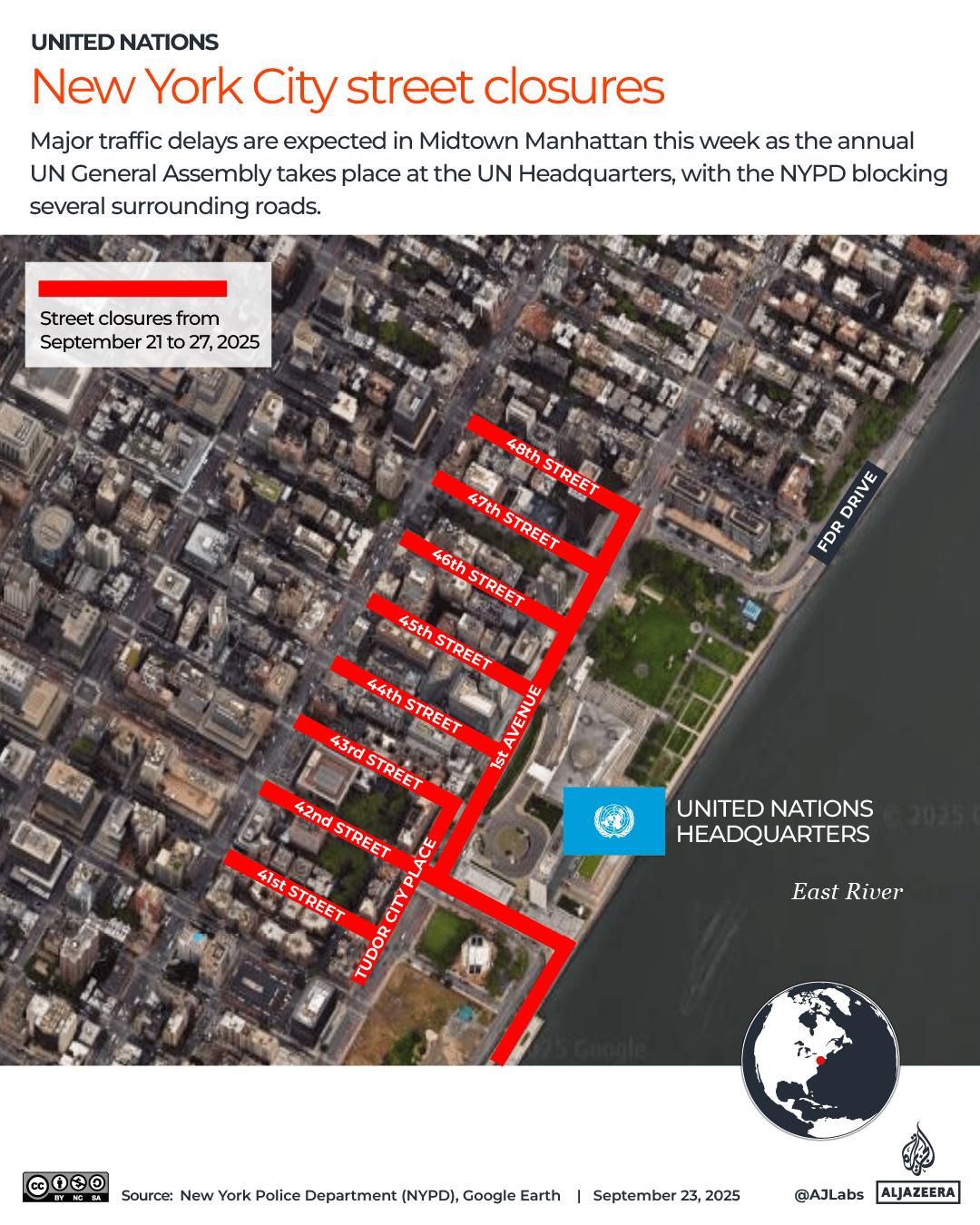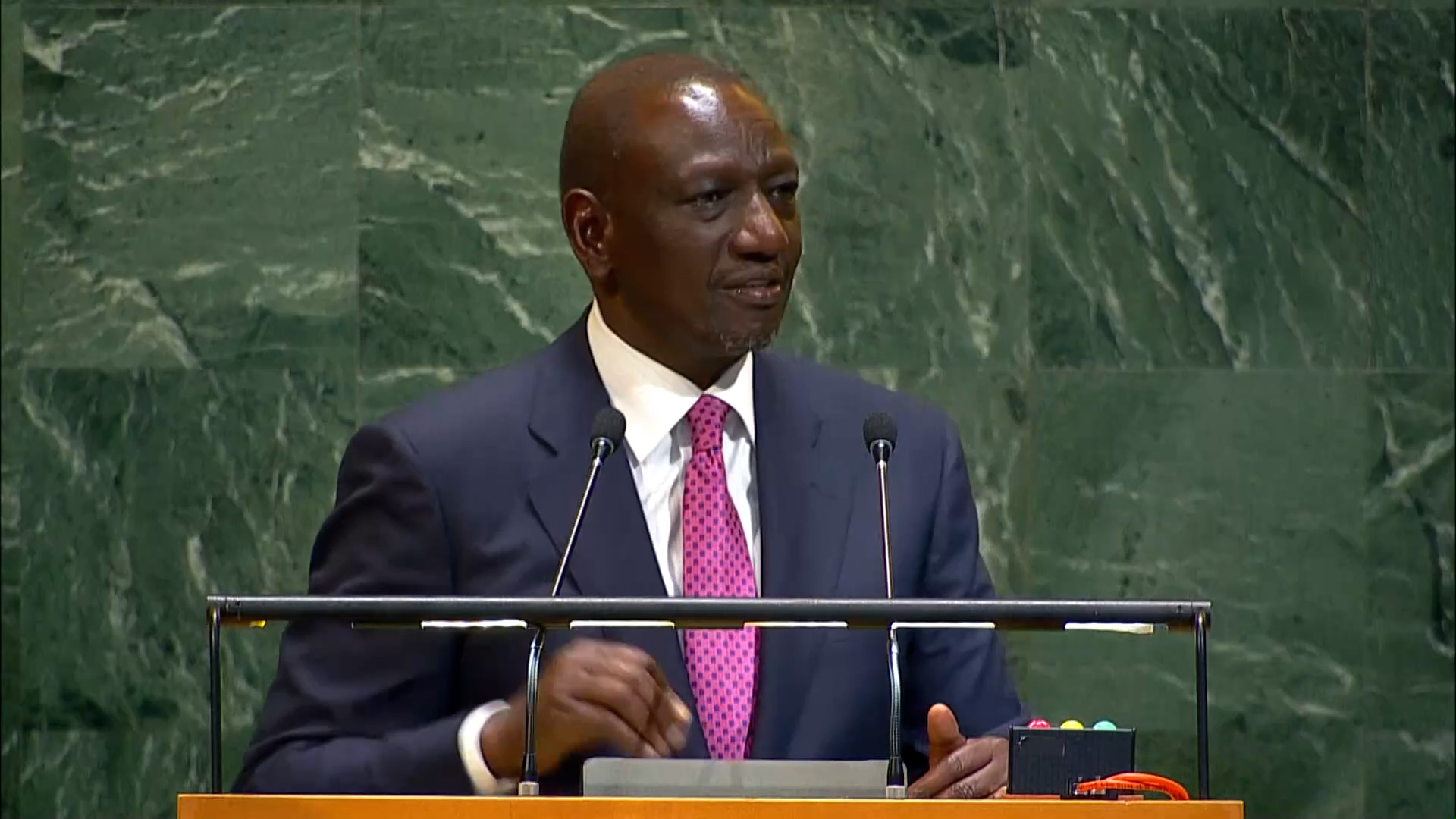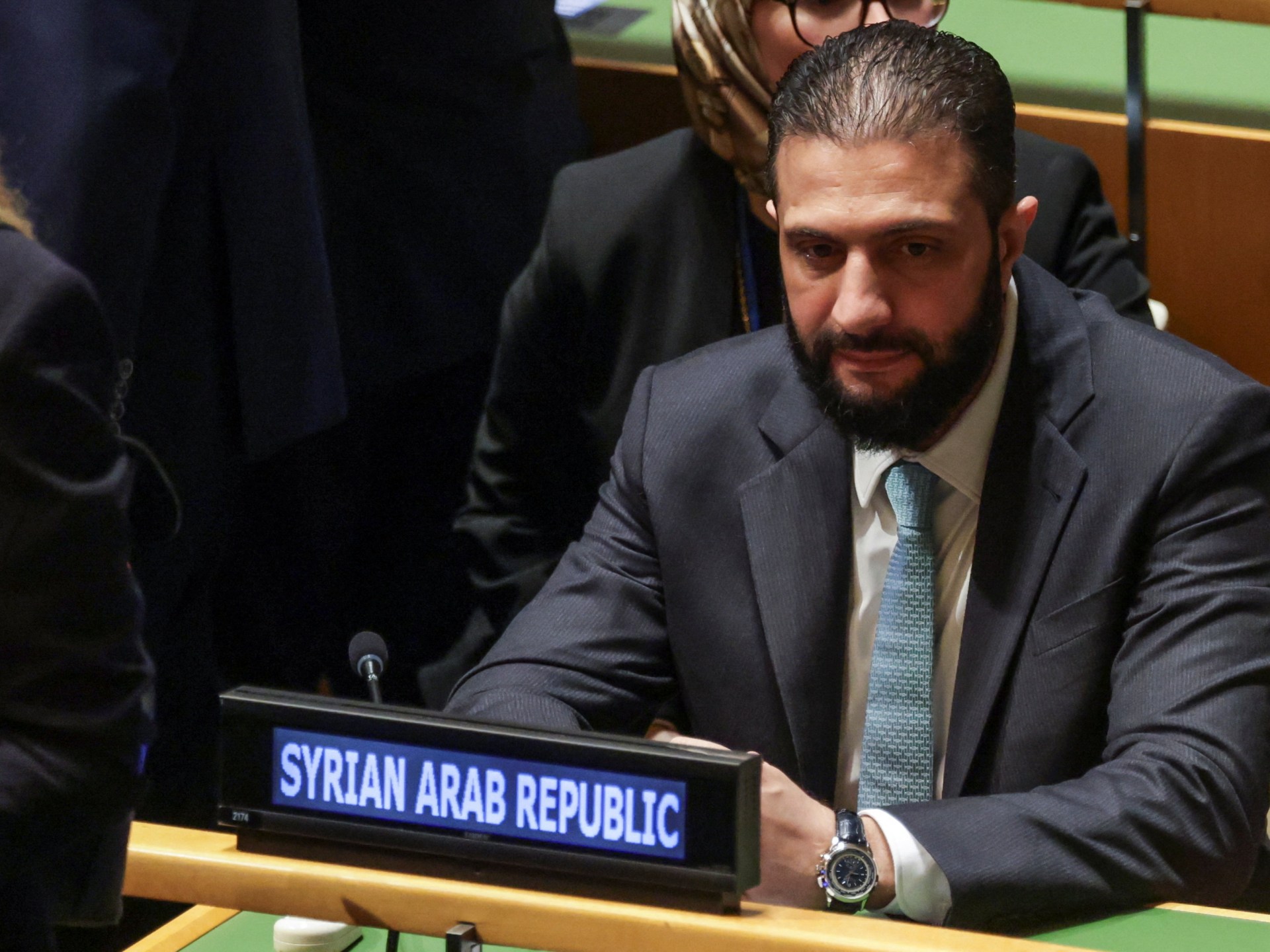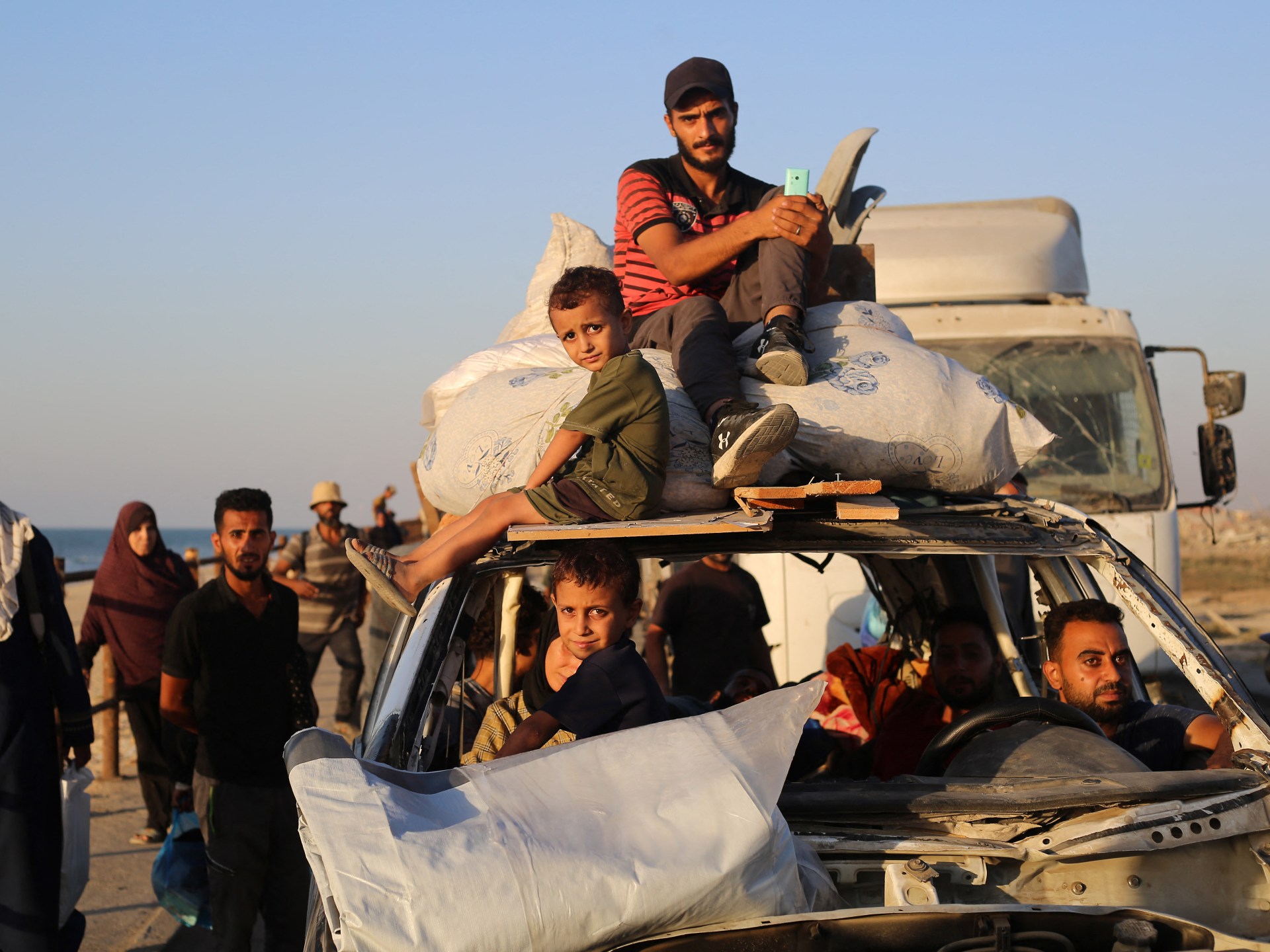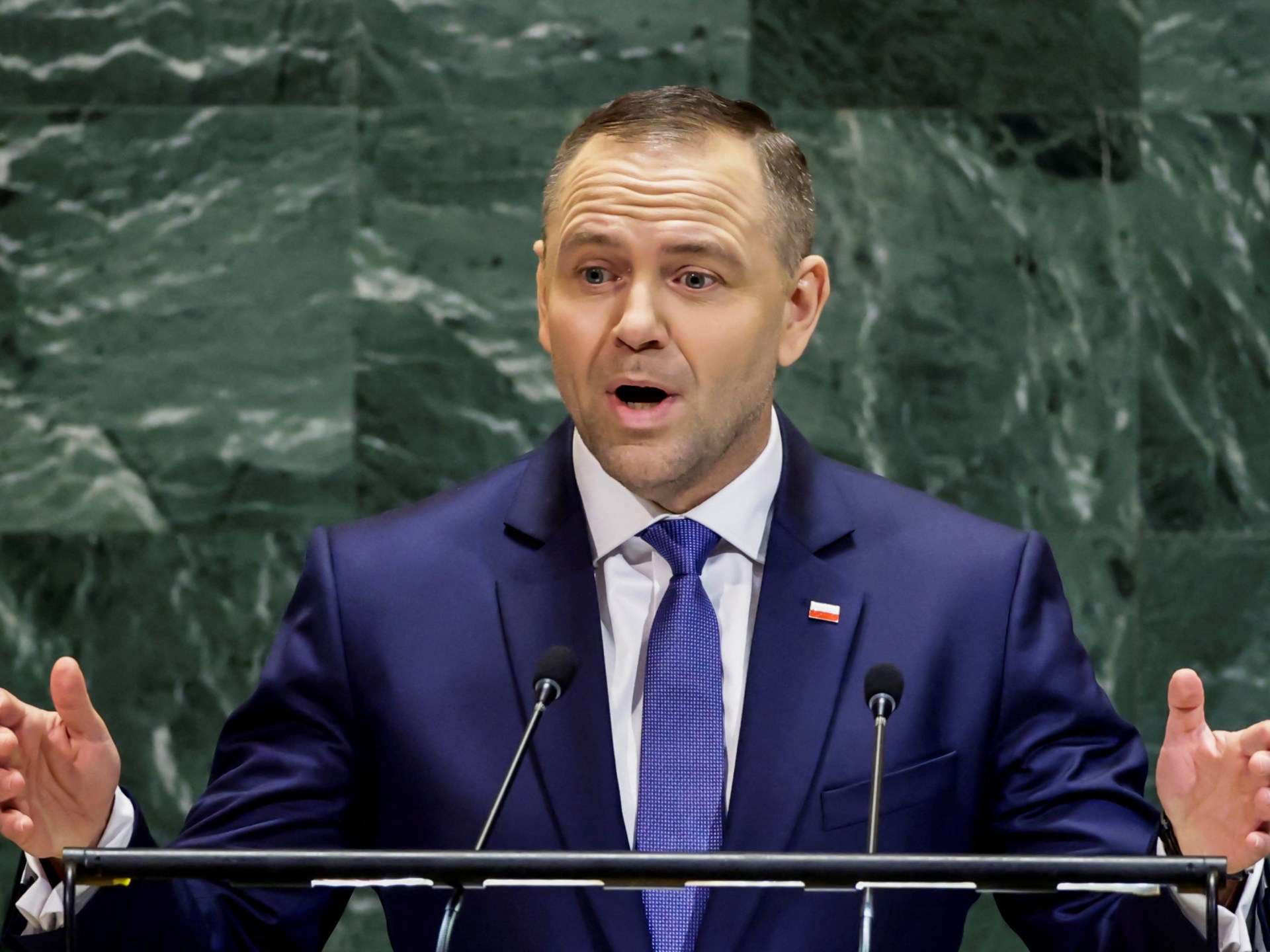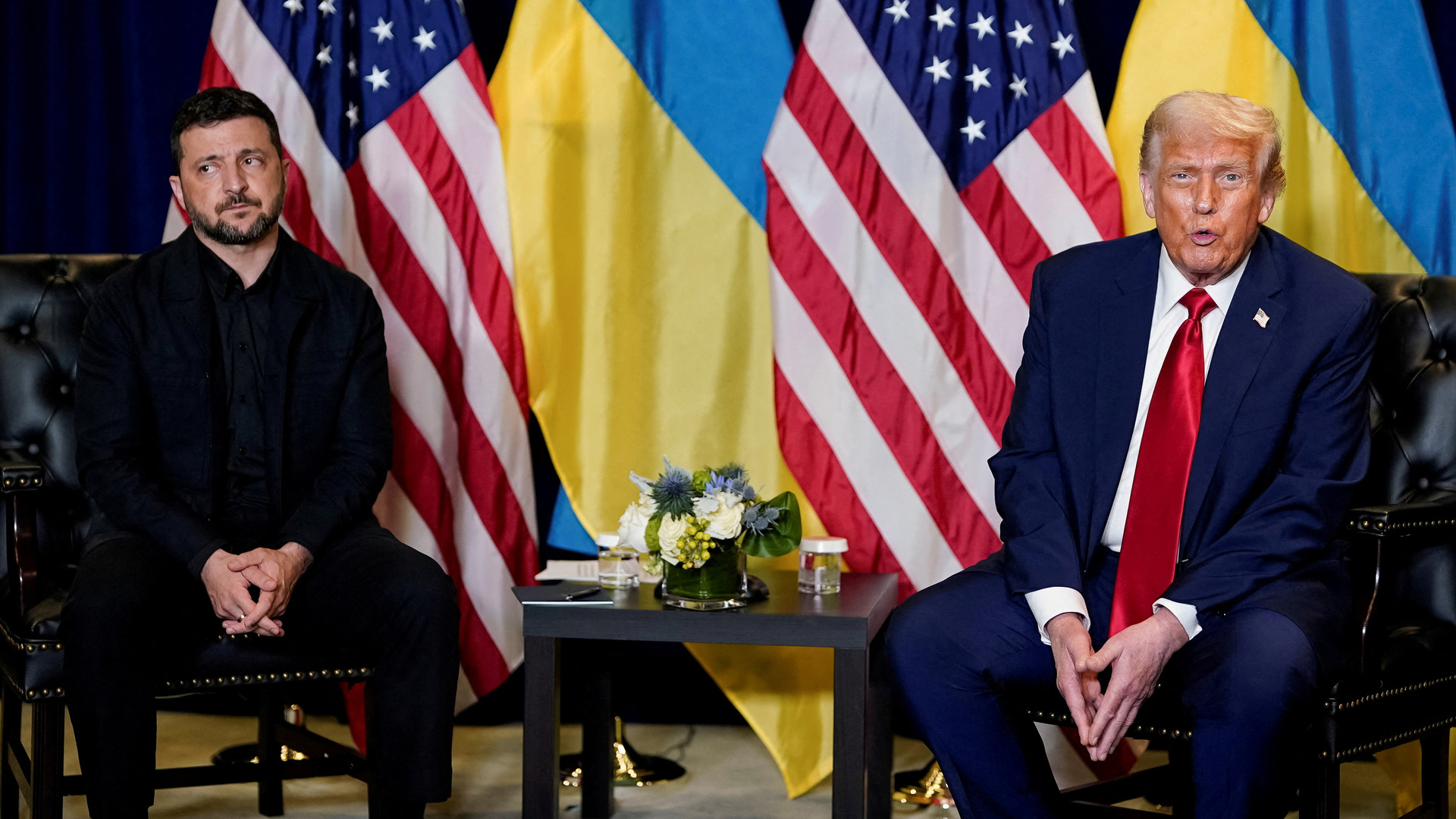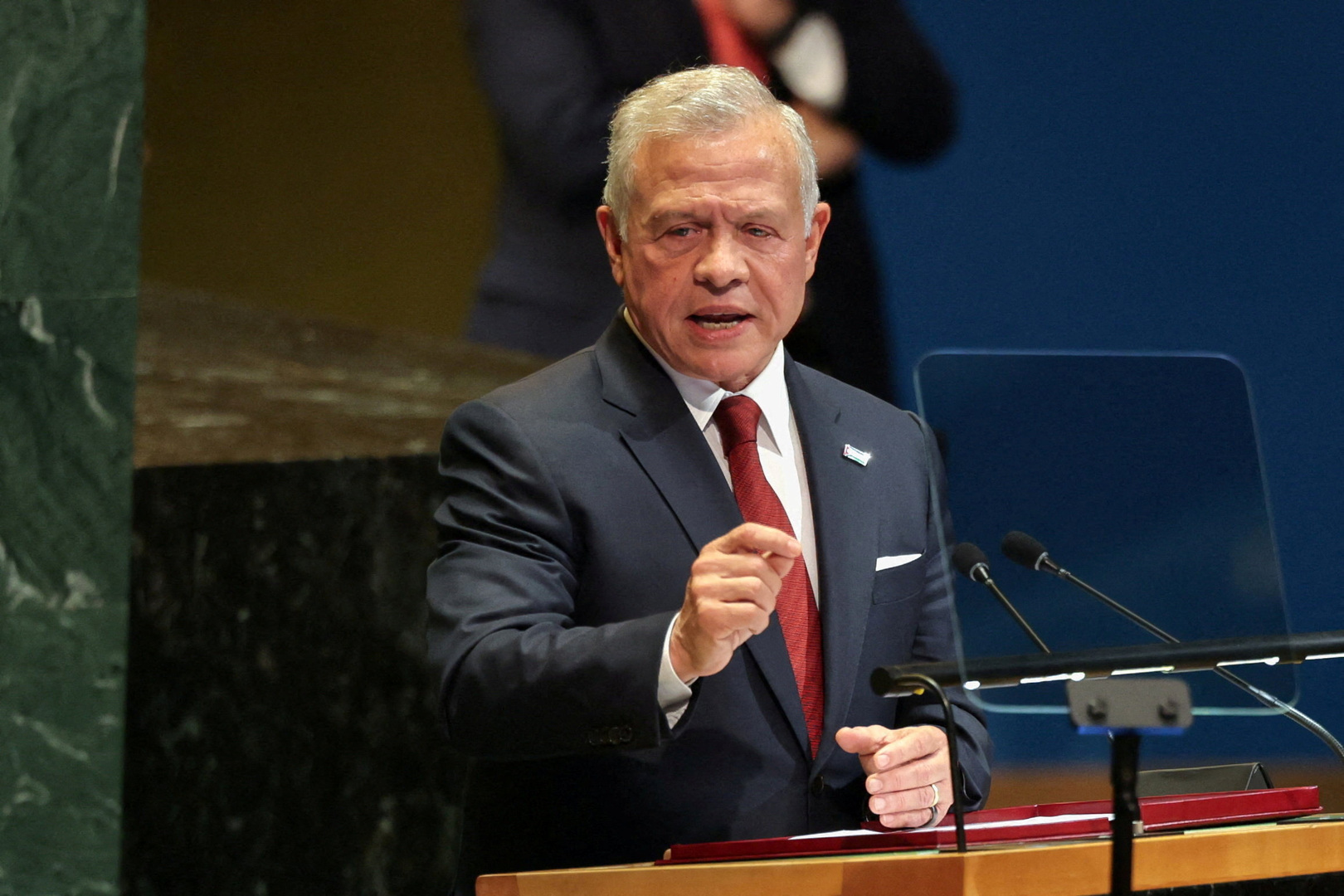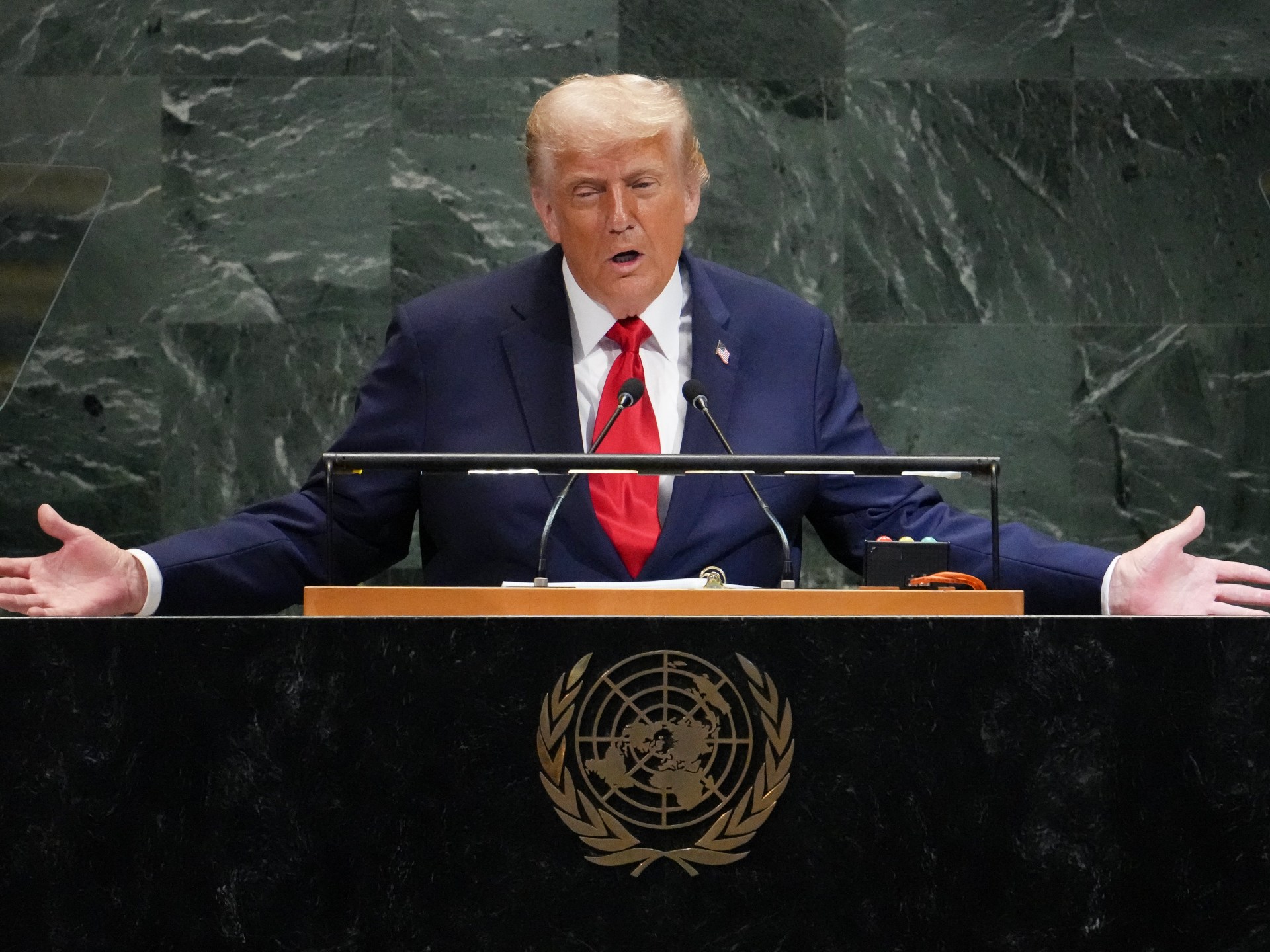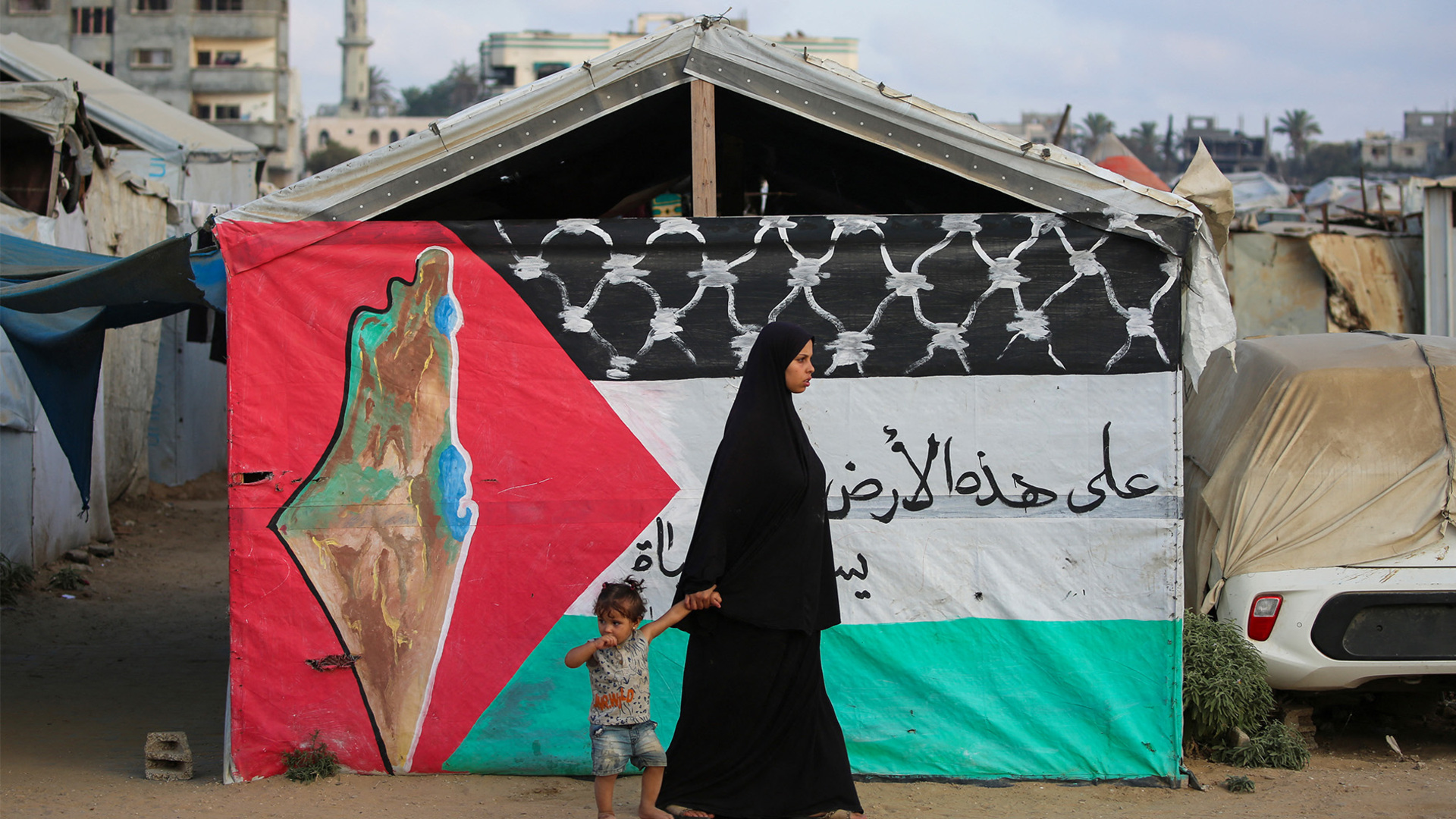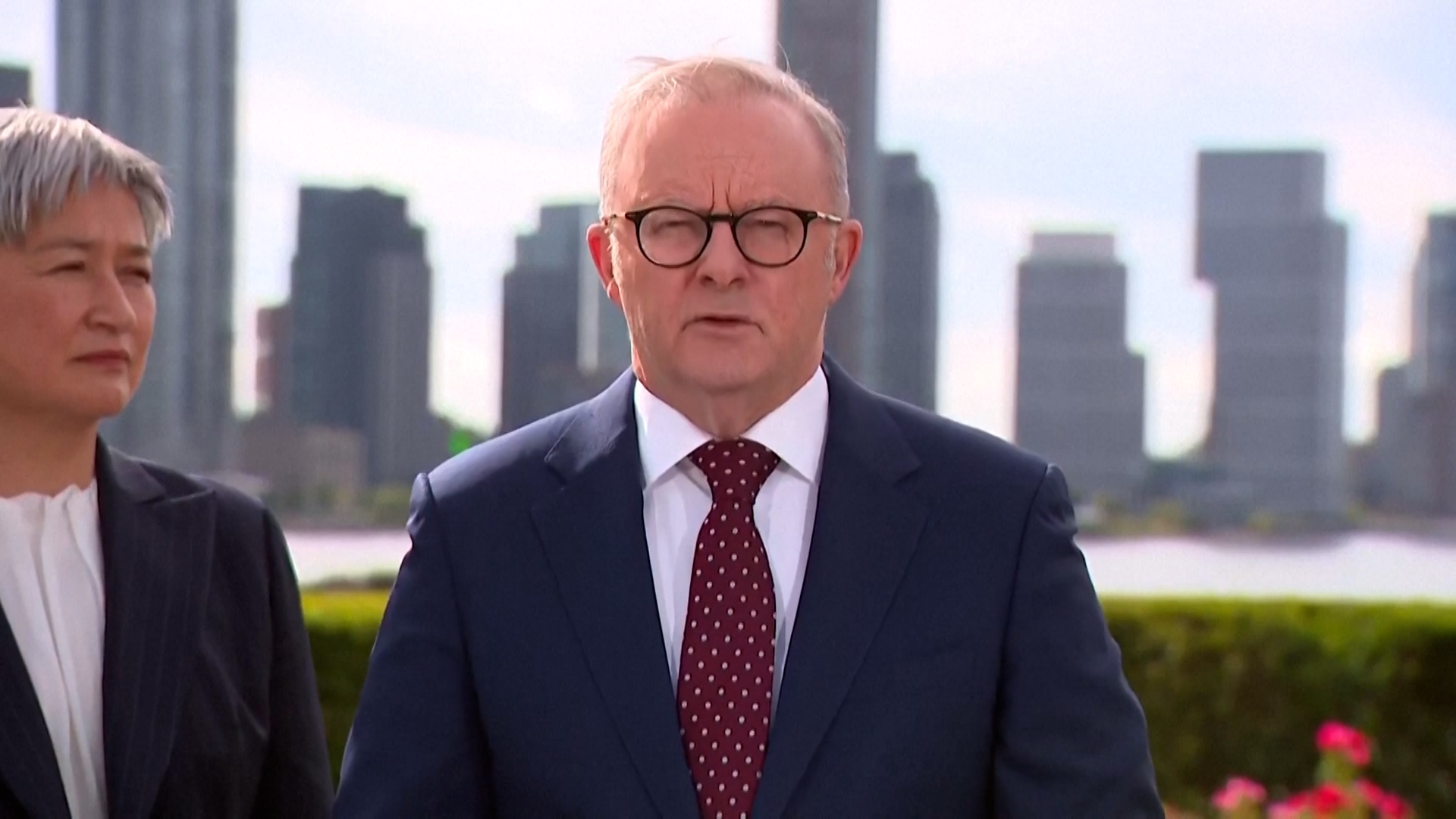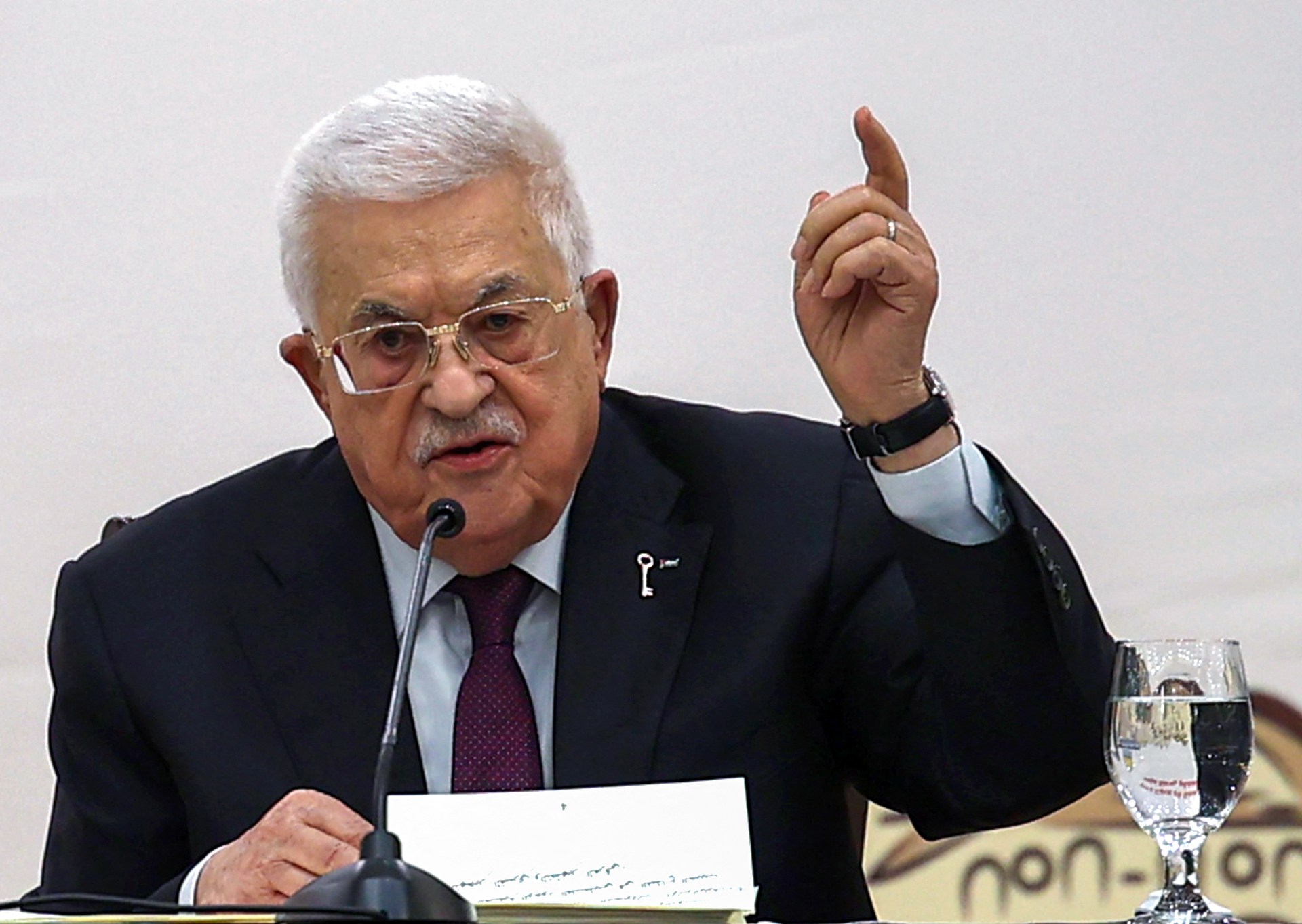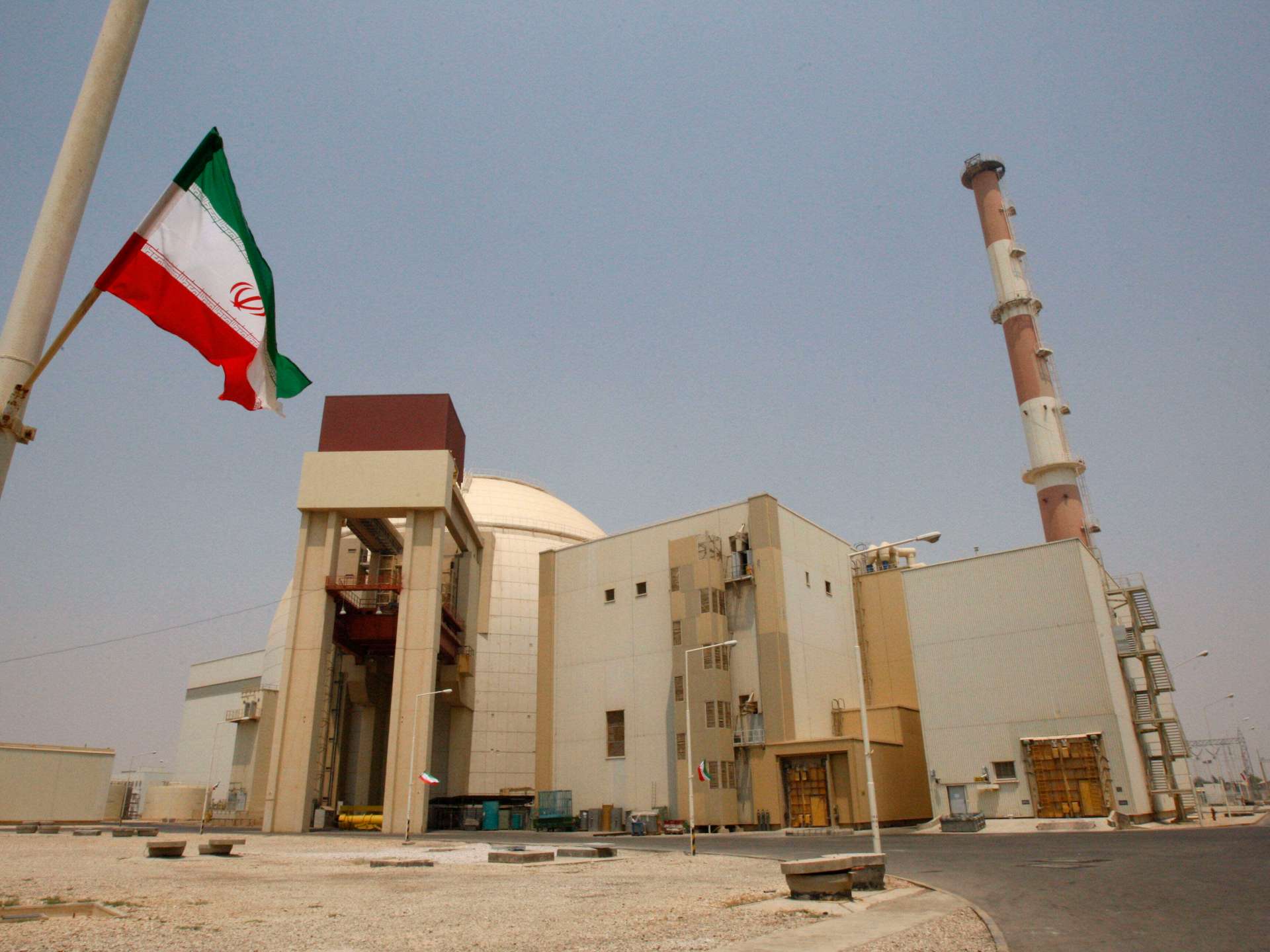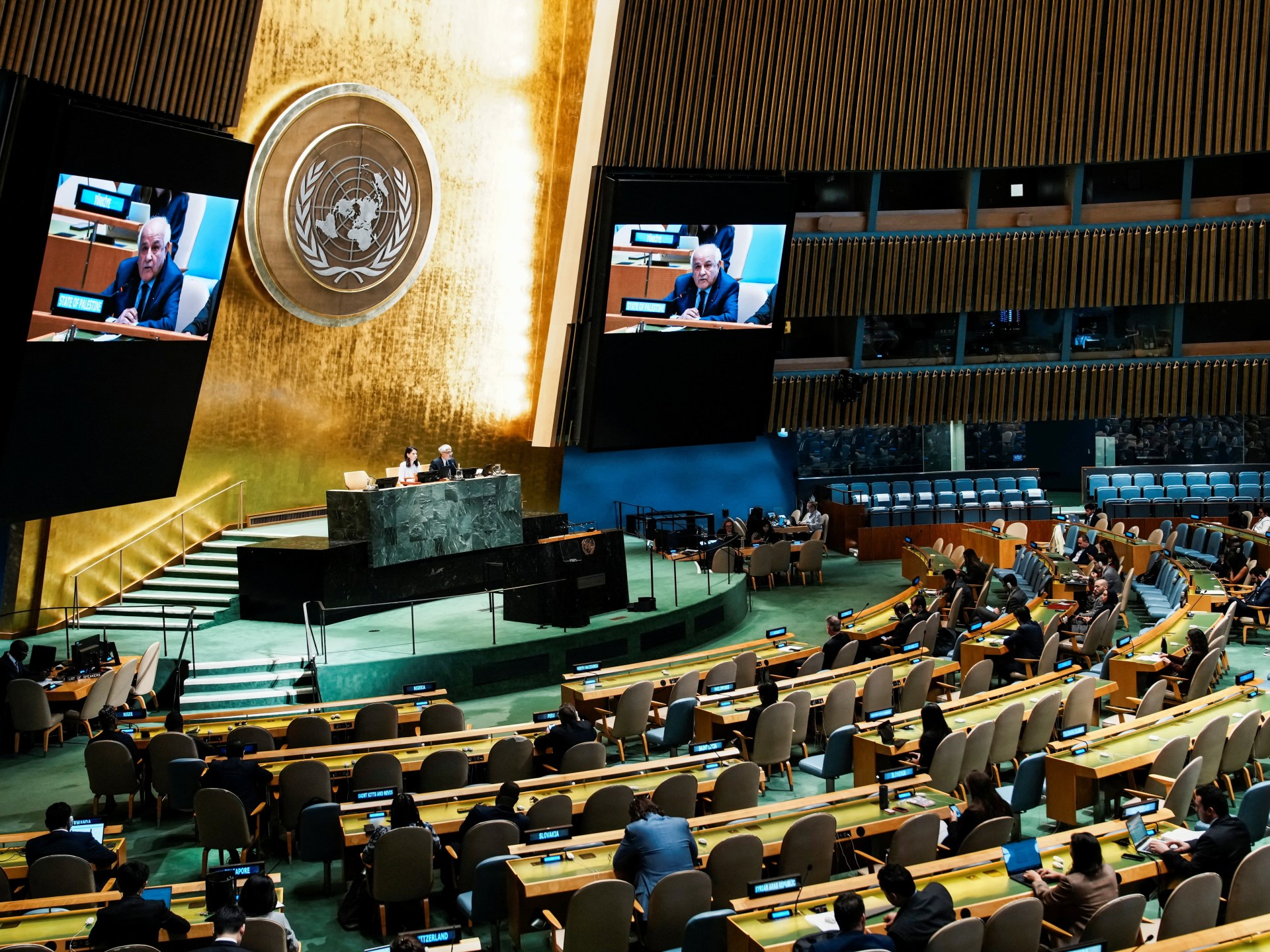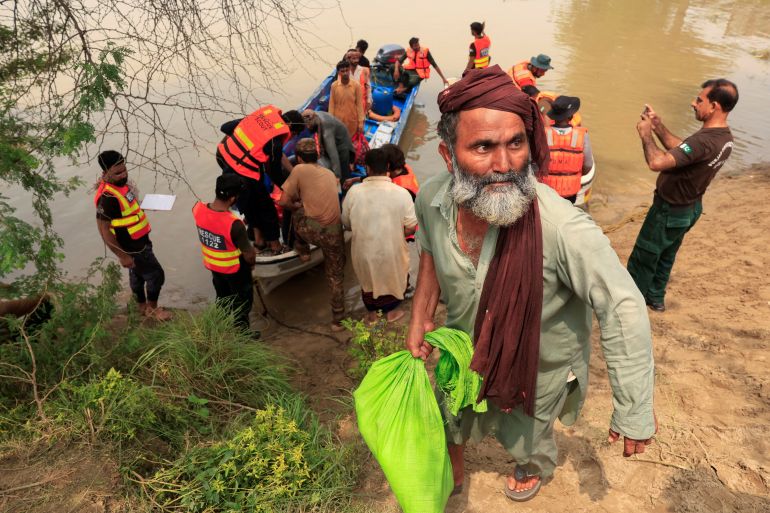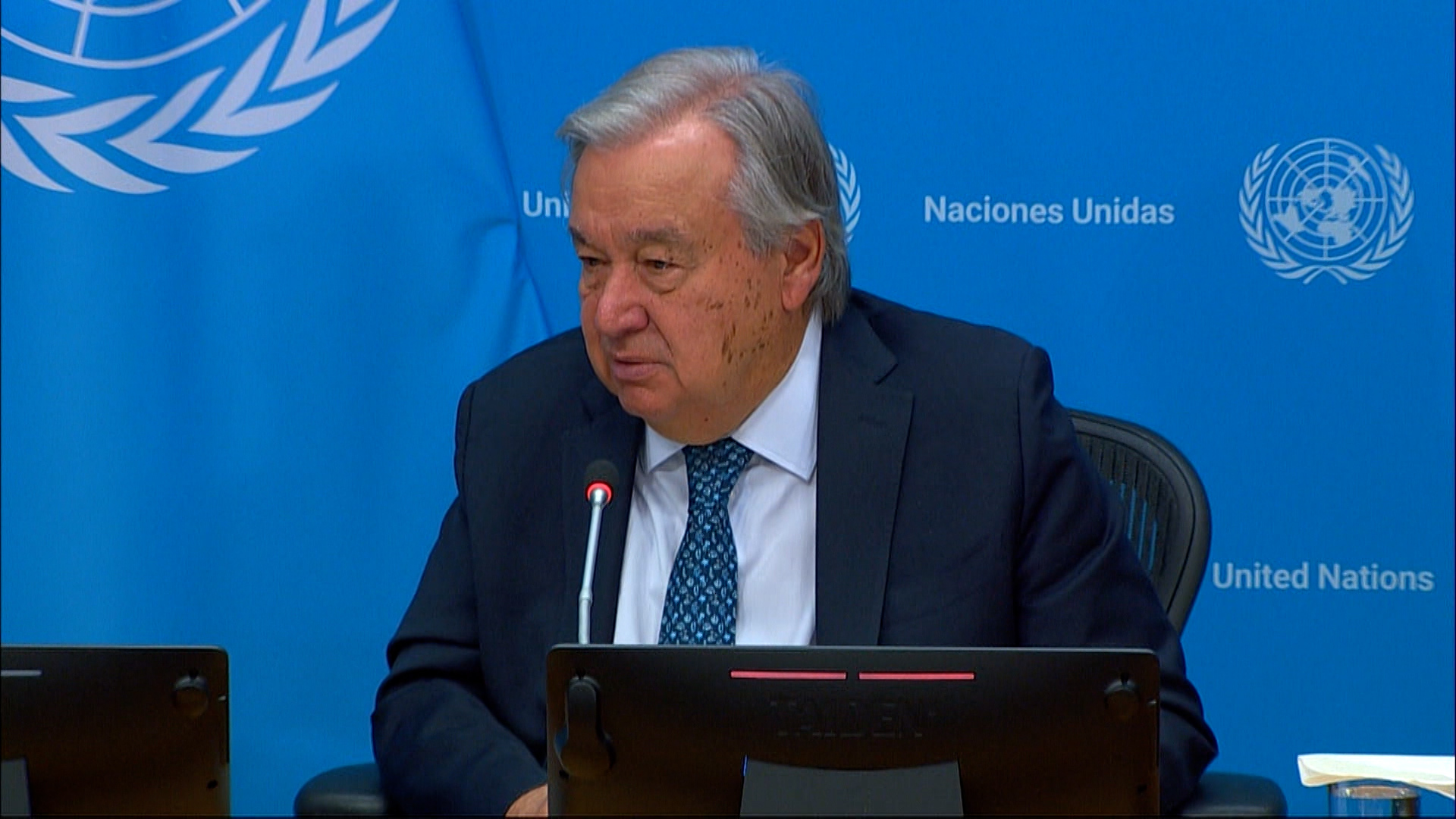United States President Donald Trump has told the United Nations General Assembly that Israel’s war on Gaza must stop immediately as he called the recent recognition of Palestinian statehood by several Western countries a “reward” for Hamas.
“We have to stop the war in Gaza immediately,” Trump told world leaders in New York on Tuesday, adding that he has been “deeply engaged” in trying to secure a ceasefire.
Recommended Stories
list of 4 itemsend of list
He reiterated his call for the captives held in Gaza to be returned home. “We have to get it done. We have to negotiate peace. We have to get the hostages back. We want all 20 back,” he said, referring to the 20 of the 48 remaining captives still believed to be alive.
Those who support peace should be united in demanding the release of the captives, he told the leaders gathered for the General Assembly.
“As if to encourage continued conflict, some of this body is seeking to unilaterally recognise the Palestinian state. The rewards would be too great for Hamas terrorists, for their atrocities,” he said.
In contrast, UN Secretary-General Antonio Guterres said at a meeting on Sunday at the UN aimed at reviving the two-state solution that statehood for Palestinians “is a right, not a reward”.
Gaza truce offers
Trump called for an end to the war in Gaza, but had little criticism for Israel, instead blaming breakdowns in negotiations on Hamas. He insisted that Hamas, the Palestinian group that governed Gaza, “has repeatedly rejected reasonable offers to make peace”.
On the other side of the talks, Israeli Prime Minister Benjamin Netanyahu has continually been accused of stalling the ceasefire negotiations since Israel launched its war on Gaza in October 2023.
Israel targeted Hamas leaders in the Qatari capital, Doha, this month as the Palestinian leaders were meeting to discuss the latest truce proposal put forth by the US.
The Israeli prime minister broke the last ceasefire with Hamas in mid-March and imposed a total blockade of the Gaza Strip, triggering famine and starvation deaths.
Hamas said it is ready for a truce that will lead to the release of captives and Palestinian prisoners in Israeli jails and a withdrawal of the Israeli army from Gaza, but Netanyahu has refused to commit to a full withdrawal. This month, Netanyahu decided to seize Gaza City, launching a ground invasion that has killed hundreds of Palestinians and displaced thousands.
More than 65,000 Palestinians have been killed since Israel launched its war. The US has been heavily criticised for continuing to arm Israel in a war that a UN commission described as amounting to genocide.
Trump also dedicated some of his speech to the General Assembly to Iran, describing Tehran as the “world’s number one sponsor of terror”. He promised Iran would “never possess a nuclear weapon”.
“Three months ago in Operation Midnight Hammer, seven American B-2 bombers dropped 30,000lb [13,600kg] each bombs on Iran’s key nuclear facilities, totally obliterating everything. No other country on Earth could have done what we did,” Trump said.
While the US president claimed the operation demolished Iran’s nuclear enrichment capacity, a US defence assessment later suggested the strike only delayed Iran’s nuclear progress by several months.
‘Nobel Peace Prize’
The US president delivered his remarks minutes after Brazilian President Luiz Inacio Lula da Silva had spoken, denouncing authoritarianism, environmental destruction and inequality, a contrast in tone to Trump’s focus on unilateral strength, nationalism and grievances.
Trump began his speech by taking aim at the teleprompter and a broken elevator he said he encountered at the UN headquarters before moving on to paint his administration as an economic success story.
At several points, Trump returned to his record on foreign policy, claiming to have brought an end to “seven different wars” and suggesting his achievements warranted the Nobel Peace Prize. “Everyone says I should get a Nobel Peace Prize for these achievements,” he said before adding that he did not care about awards, only “saving lives”.
Taking a dig at the UN, Trump said the world body was not coming close to living up to its potential. “I had to end wars instead of the United Nations,” he said.
As the Ukraine conflict rumbles on, Trump argued the war would “never have started if I was president”. He described his relationship with Russian President Vladimir Putin as “a good one” but said Moscow’s invasion is “not making Russia look good”.
He criticised Europe for continuing to buy Russian oil and gas despite sanctions, calling the practice “embarrassing”, and he singled out China and India as “primary funders” of Russia’s war effort.
“Everyone thought Russia would win in three days, but it didn’t,” Trump said while urging European Union nations to impose tariffs on Moscow.
Attacks on immigration and the UN
As the UN grapples with what experts describe as one of the most volatile periods in its 80-year history, Trump used the platform to attack the institution itself, accusing the body of “funding an assault on Western countries and their borders”. He claimed the organisation was helping “illegal aliens” enter the US by providing food, shelter, transportation and “debit cards”.
The International Organization for Migration, a UN agency, does provide assistance through disbursement cards and transport programmes but in coordination with governments – not to facilitate irregular border crossings.
On Europe, Trump warned of what he called an “invasion” of migrants and took aim at London Mayor Sadiq Khan, falsely claiming the Muslim politician wants to impose Islamic law.
The US president characterised migration and renewable energy as the biggest threat to the “free world”. He said some countries are “going to hell” over their border policies, while calling climate change “the greatest con job”.
“In closing, I just want to repeat that immigration and the high cost of so-called green renewable energy is destroying a large part of the free world and a large part of our planet,” he said.
He also renewed attacks on climate policies and accused Venezuelan President Nicolas Maduro of aiding drug smuggling.
Later on Tuesday, Trump is scheduled to meet Guterres as well as leaders from Ukraine, Argentina, the EU, and a group of Middle Eastern and Asian states. He will host a reception for more than 100 world leaders before returning to Washington, DC.
